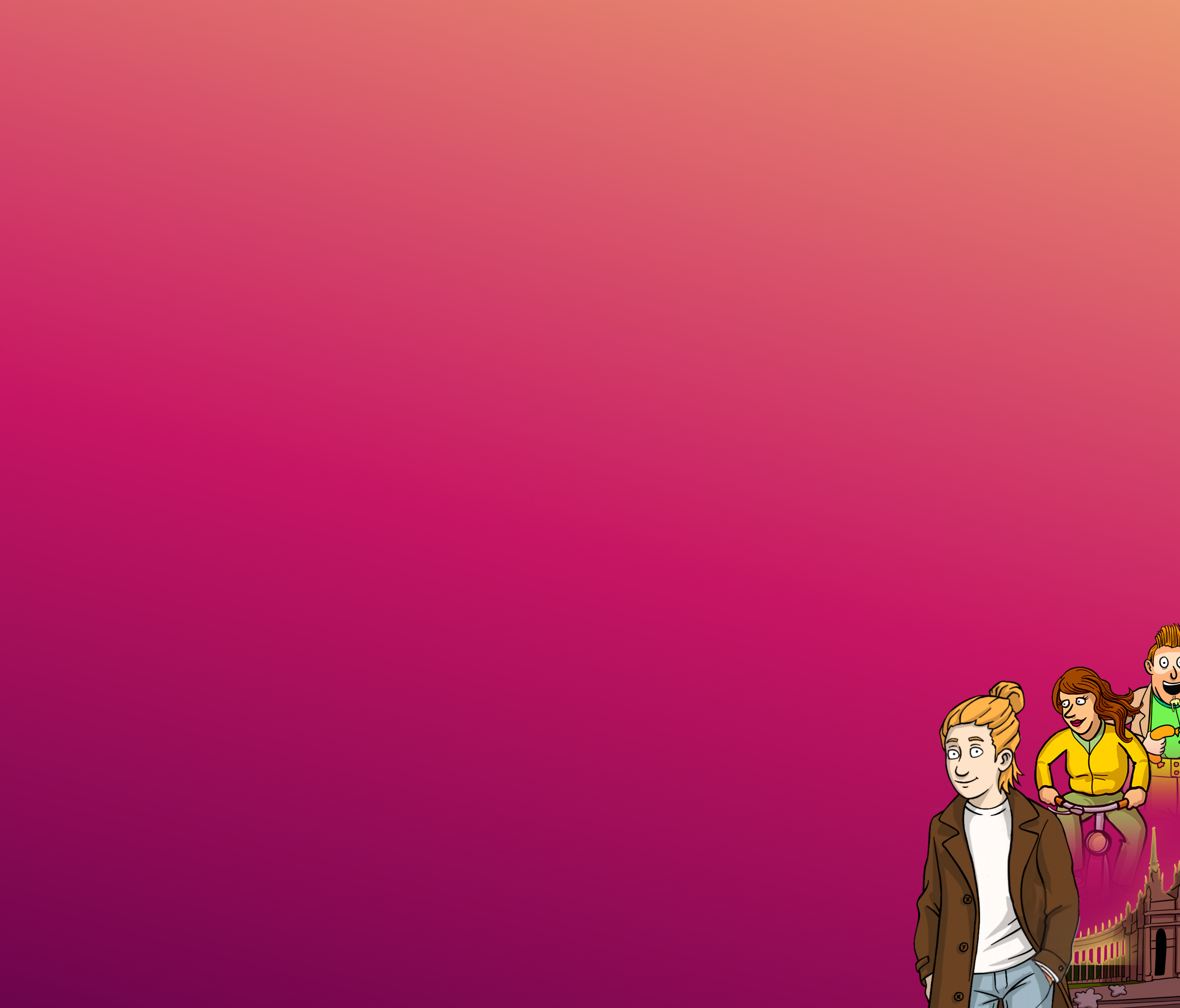The future perfect tense
We use the future perfect tense to express a prediction or an assumption that an event will have happened by a certain point of time in the future.
In tausend Jahren wird das Brandenbutt Hotel verschwunden sein. verschwinden, Futur 2
In a thousand years the Brandenbutt Hotel will have disappeared.
Sie werden wahrscheinlich schon gegessen haben. essen, Futur 2
You will probably have eaten already.
We form the future perfect tense as follows: conjugated form of werden in the present tense werden, Präsens + past participle of the main verb + sein or haben in the infinitive.
gehen → Rüdiger wird schon gegangen sein. gehen, Futur 2
to go → Rüdiger will already have gone.
gewinnen → Ihr werdet gewonnen haben. gewinnen, Futur 2
to win → You will have won.
After words like dass (that), ob (whether), sobald (as soon as), weil (because) or wenn (if), the sentence order changes to: subject + past participle + sein or haben in the infinitive + werden in the present tense.
Wir vermuten, dass er schon gegangen sein wird.
We suspect that he will already have left.
Wenn ihr gewonnen haben werdet, werden wir feiern.
When you've won, we will celebrate. (Literally, “When you will have won, we will celebrate”.)
Note: in everyday spoken German, people often just use the perfect tense with a word like wahrscheinlich (probably) or wohl (surely) instead of the future perfect.
In einer Stunde habt ihr wahrscheinlich schon gegessen. essen, Perfekt
In an hour, you will probably have already eaten.
In tausend Jahren ist das Brandenbutt Hotel wohl verschwunden. verschwinden, Perfekt
In a thousand years, the Brandenbutt Hotel will probably have disappeared.
Still facing difficulties with 'The future perfect tense'? Learn and enhance your German grammar through our online German course. Start with a free test and improve today!
What our users say:
Improve your German further and test Wunderbla, online German lessons.

